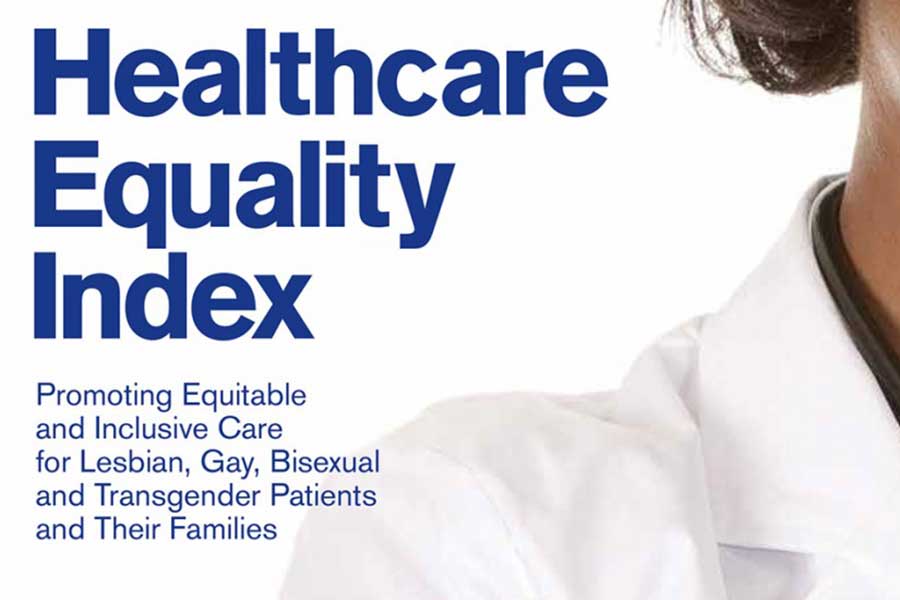The Human Rights Campaign released its annual Healthcare Equality Index earlier this month, scoring health-care facilities across the nation on their LGBT-inclusive policies — and a number of Pennsylvania companies received top marks.
Of the 40 Pennsylvania hospitals and health-care institutions included in the report, 17 were given the Equality Leader designation, meaning they met all four criteria for top marks. Pennsylvania ranked seventh in the nation for ratio of Leaders to overall participants.
Last year, eight Pennsylvania facilities achieved Leader status, but the grading and format were revamped this year.
The report previously focused largely on self-reporting facilities, but this year also included an evaluation of non-respondents and previous respondents, adding the largest facilities in each state and in the top-50 largest LGBT metro areas — bringing the number of participants from 719 last year to 1,507 in 2014.
There were a total of 426 Leaders this year.
Leaders had to have an LGBT-inclusive patient nondiscrimination policy and employment policy, explicitly stated LGBT-inclusive visitation policy and have participated in staff training for LGBT patient-centered care.
Returning Pennsylvania Leaders are Mazzoni Center, Thomas Jefferson University Hospital and Veterans Health Administration facilities in Pittsburgh, Wilkes Barre, Altoona and Erie; VA facilities in Philadelphia and Butler were not on the Leader list this year because they did not meet the training criteria. New to the list are Belmont Center for Comprehensive Treatment, Children’s Hospital of Philadelphia, Einstein Medical Center, Hospital of the University of Pennsylvania, Penn Presbyterian Medical Center, Pennsylvania Hospital and Willowcrest Skilled Nursing and Rehabilitation Center in Philadelphia. Other Leaders include Einstein Medical Center and MossRehab in Elkins Park, Western Psychiatric Institute and Clinic of UPMC in Pittsburgh and Chester County Hospital in West Chester.
About 84 percent of voluntary participants were ranked as Leaders. About a third of this year’s Leaders achieved the status for the first time.
Every state except Idaho and North Dakota had at least one Leader. New York boasted the highest proportion of Leaders, with 58 percent, followed by New Jersey and Washington, D.C. (50 percent), Missouri (49 percent), California (46 percent), Delaware (44 percent) and Pennsylvania (42.5 percent).
The report offered a number of recommendations, primarily that hospitals that have not yet adopted fully inclusive patient nondiscrimination and visitation policies do so to bring themselves in line with The Joint Commission regulations and that those, and employment policies, be posted on a visible location, such as a company website, to inform patients and employees.
To read the full report, visit http://www.hrc.org/hei.

